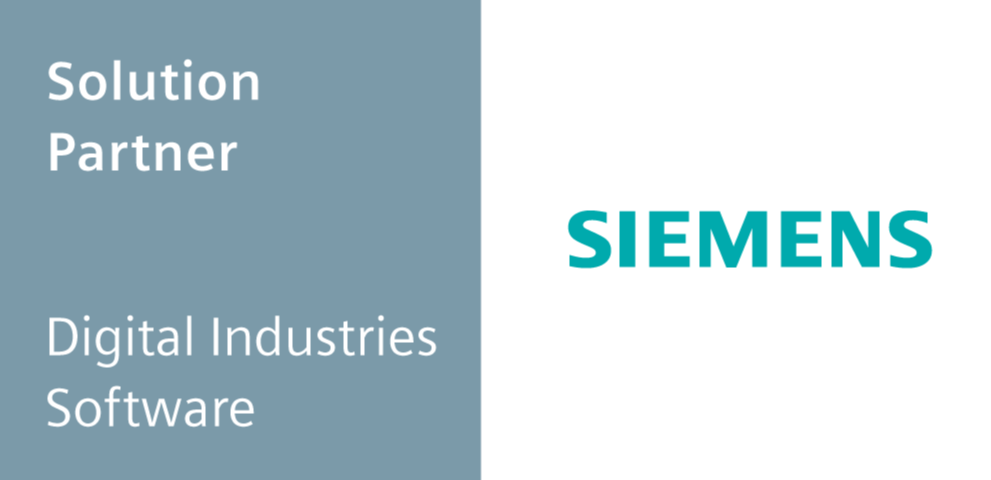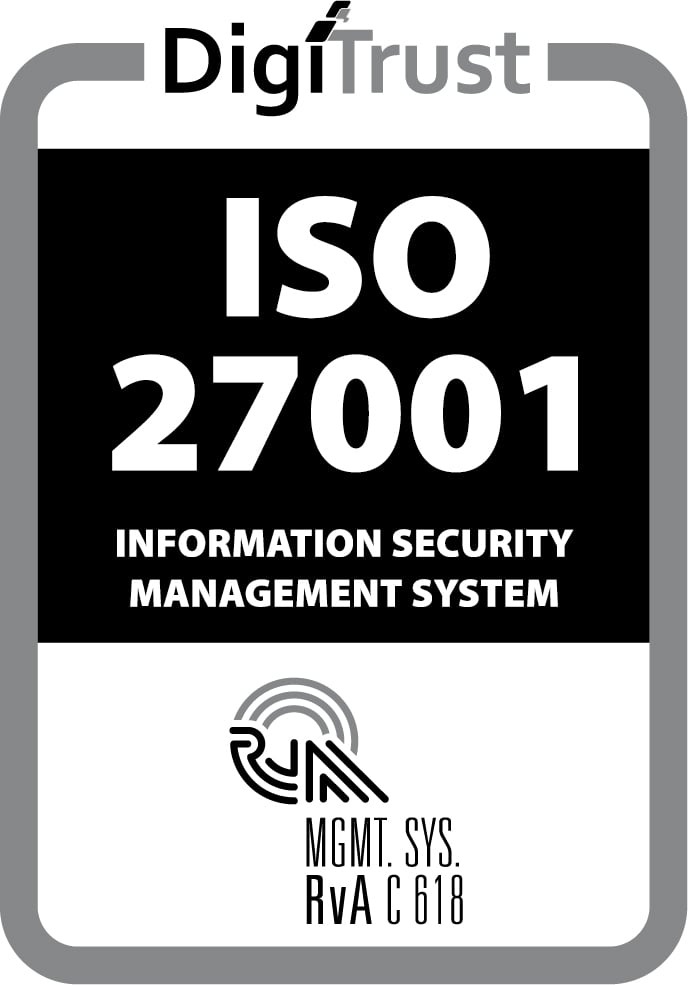A Green Future, Sustainability, and a Better Tomorrow are not just ideals but urgent calls to action. With sustainability issues becoming increasingly critical, bold actions are necessary. The time for waiting is over; the time to act is now.
In this context, the Corporate Sustainability Reporting Directive (CSRD) is set to bring significant changes for European companies, especially in the retail sector. With new requirements coming into effect, many businesses still have much to learn and prepare for.
A survey from December 2023 found that 88% of companies don't feel ready to meet CSRD expectations, and 57% admit they know little or nothing about the new reporting obligations. This is significant since the first reports are due in 2025.
If your company is among those unprepared, you are in the right place. This article will provide a clear understanding of the CSRD, why it matters, and how to comply with its requirements.
But first, what is CSRD?
The Corporate Sustainability Reporting Directive (CSRD) is an initiative by the European Union aimed at enhancing and standardizing the sustainability reporting process for companies. It builds upon the Non-Financial Reporting Directive (NFRD) but brings more rigorous requirements.
CSRD mandates that companies disclose detailed information on their environmental, social, and governance (ESG) practices, with the goal of increasing transparency and accountability. This directive applies to a wide range of companies, including large listed companies, as well as small and medium-sized enterprises (SMEs). By ensuring that stakeholders have access to reliable, comparable, and relevant sustainability information, CSRD seeks to foster sustainable development and facilitate the transition to a more sustainable economy.
Next, let’s delve into what the CSRD means specifically for retail companies and how they can navigate these new requirements.
What CSRD Means for Retail Companies?
For retail companies, the Corporate Sustainability Reporting Directive (CSRD) is not just a regulatory requirement but a strategic opportunity. Proactive tracking of emissions and sustainability data is crucial to ensure compliance and promote a more sustainable future. The retail sector, being at the forefront of consumer interaction, is uniquely positioned to influence and drive sustainable practices. Enhanced transparency regarding ESG metrics can build trust with consumers making purchasing decisions based on a company's sustainability approaches.
Compliance with CSRD will also enable retail companies to identify and mitigate potential risks related to environmental and social issues, leading to long-term operational savings and a more resilient business model.
Benefits of Complying with CSRD
Complying with CSRD offers multiple benefits beyond regulatory compliance:
-
Increased Operational Efficiency: Improved data management and integration for CSRD turn a time-consuming process into an efficient, automated workflow.
-
Enhanced Transparency: Disclosing detailed information on ESG practices builds trust with consumers and investors.
-
Boosted Credibility: Utilizing standardized and accurate data in sustainability reporting boosts credibility and trust among stakeholders.
-
Improved Customer Loyalty and Brand Recognition: Transparent and accountable sustainability practices enhance customer loyalty and elevate brand recognition.
By leveraging these benefits, retail companies can turn regulatory compliance into a strategic advantage, fostering sustainable development and ensuring long-term business success.
Moving Towards a Sustainable Future with CLEVR: How do we help you Comply?
CLEVR provides the right tools and solutions to help you report and comply with CSRD based on a Mendix low-code solution. Here's how CLEVR can help you report better:
-
Effortless File Uploads: Users can easily upload files through an intuitive interface. Each file is rigorously validated, ensuring that any invalid entries are flagged immediately.
-
Secure Data Storage and Transfer: Validated files are securely stored and can be efficiently shared via API integration. This ensures that sensitive data is protected while being accessible to the necessary stakeholders
-
Flexibility for Administrators: Administrators are empowered with the flexibility to manage various file types with configurable validation rules. This offers greater control over the data validation process, allowing adjustments to be made without significant technical intervention.
-
Minimal Developer Intervention: The solution allows for the seamless implementation of new file types and validation rules. This ensures flexibility and scalability, with minimal need for extensive developer input, making it adaptable to evolving regulatory requirements.
By leveraging CLEVR's solution features, companies can’t only ensure compliance with CSRD but also enhance the accuracy and efficiency of their sustainability reporting.
Retailers have the unique opportunity to lead by example, showcasing their commitment to sustainability and influencing the entire value chain to become more transparent and cooperative. By focusing on sustainability now, retail companies can position themselves for long-term success, ensuring they are ready to meet both regulatory requirements and consumer expectations as the global push for sustainability grows stronger.





